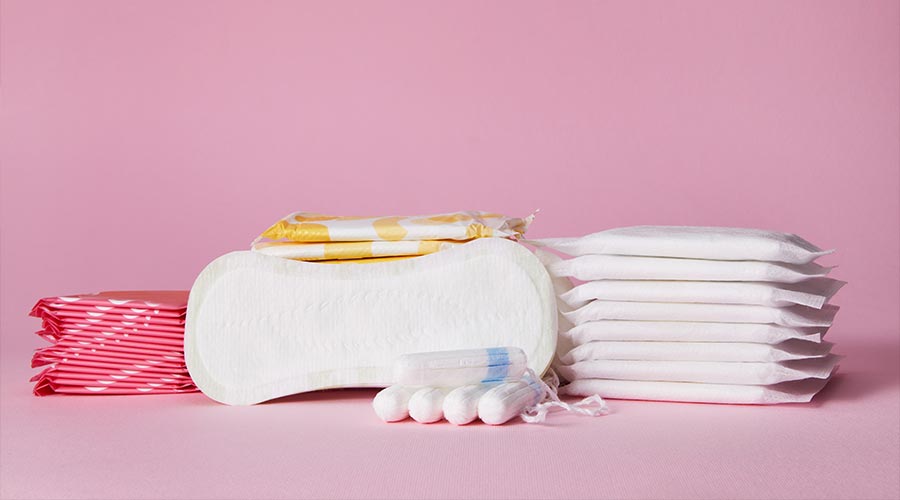
A recent survey from ISSA shows that access to free and accessible period care products remains limited in facilities across the U.S. According to the Alliance for Period Supplies, one in three low-income women in the U.S. report missing work, school or similar events due to lack of access to period supplies.
According to the 2025 ISSA “End Period Poverty” Facility Survey, conducted by All In One Insights, fewer than half (44 percent) of organizations reported offering period care products in any form. Only 38 percent provide them for free in restrooms, a critical step in ensuring dignity, health and accessibility for building occupants.
The survey, which included responses from 421 facility managers, building service contractors and in-house providers across commercial, healthcare, education, hospitality, industrial and public venues, found that:
• Cost and awareness remain the most significant barriers: More than one in three respondents admitted they had “never considered” providing period care products, while 25 percent cited cost as a primary obstacle.
• Education leads the way: K-12 schools (42.9 percent) and higher education (60.7 percent) facilities reported the highest adoption rates of free product programs, often driven by legislation and student demand.
• Ongoing commitment is strong: Encouragingly, 91 percent of facilities that currently provide period care products said they plan to continue.
• Customer and employee demand make a difference: More than one-third of respondents said customer demand or government requirements would motivate them to adopt a free vending program.
• Disposal solutions are present, but improvements are needed: While most facilities provide some form of menstrual product disposal, there are significant opportunities to expand discreet, single-use in-stall options to reduce flushing and other unsanitary practices.
“These findings underscore the urgent need for greater education, advocacy, and investment to end period poverty,” says ISSA Director of Government Affairs John Nothdurft. “No one should have to choose between their basic health needs and participating fully in school, work, or daily life. Access to period care products is as essential as access to soap and toilet paper.”

 The Down and Dirty on Cleaning in Virus Season
The Down and Dirty on Cleaning in Virus Season How Surfactant Use is Expanding in Commercial Cleaning
How Surfactant Use is Expanding in Commercial Cleaning